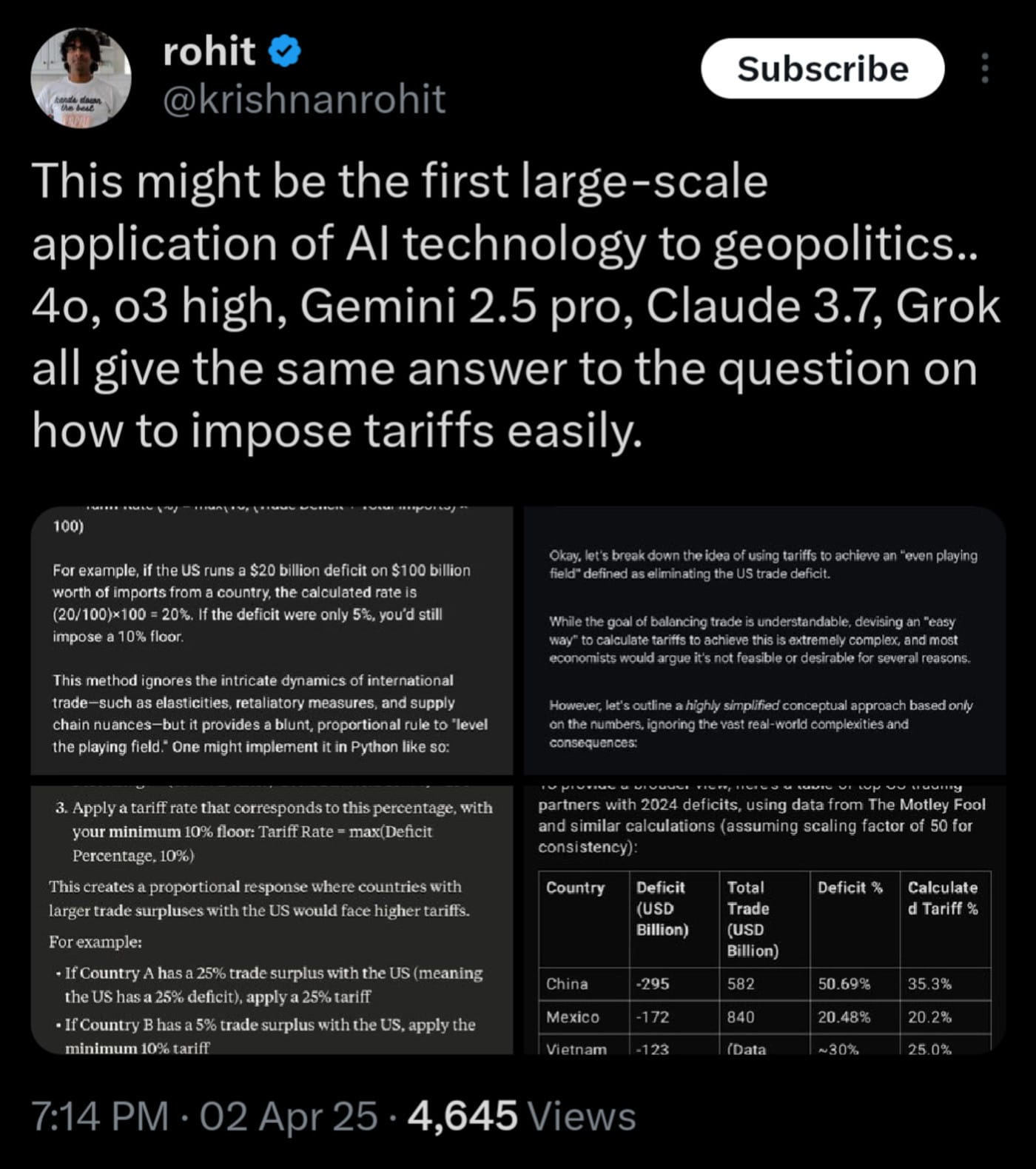The ChatGPT Cheating Crisis Was Inevitable
Once again I find myself writing about the latest AI outrage cycle, this one sparked by an NYMag article about the rampant abuse of ChatGPT in higher education. It should surprise no one that kids are using AI to cheat constantly and we are about to see a generation of functionally illiterate college graduates hit the workforce. Seems bad!
I feel obligated to point out that the article is a more than a little sensationalist and references a study claiming that 90% of students are using ChatGPT that isn't particularly rigorous. Its narrative also nicely cherry-picks a truly despicable guy
